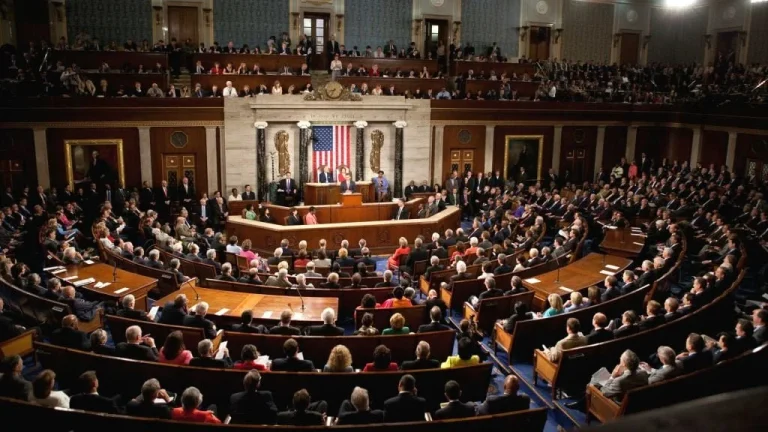In the lead-up to the 2020 election and well into President Joe Biden’s term in office, major U.S. media outlets have faced mounting criticism for allegedly minimizing or outright ignoring stories that could reflect poorly on the Biden family. These include growing concerns over President Biden’s cognitive sharpness and a range of legal controversies surrounding his son, Hunter Biden.
The allegations stem from a combination of leaked editorial decisions, internal pushback from reporters, and an increasing body of evidence that suggests selective reporting played a role in shaping public perception during and after the 2020 election.
Hunter Biden and the Laptop Story That Wasn’t
One of the most contentious examples of perceived media bias revolves around the now-infamous Hunter Biden laptop saga. First reported by the New York Post in October 2020, the laptop allegedly contained emails and documents that hinted at foreign business dealings involving Hunter Biden, some of which potentially implicated then-candidate Joe Biden.
Despite its significance, the story was almost immediately dismissed by several mainstream outlets. At the time, 51 former intelligence officials signed a public letter speculating that the laptop story bore the “hallmarks of a Russian information operation,” despite acknowledging that they had no direct evidence of Russian involvement.
Former Politico reporter Marc Caputo later revealed that his editors discouraged him from pursuing stories related to Hunter Biden’s finances, including a sizable tax lien tied to his work with Ukrainian energy firm Burisma. Similarly, journalist Tara Palmeri said her reporting on Hunter’s 2018 gun incident—where he allegedly lied on a federal background check—was delayed and deprioritized by her newsroom.
Meanwhile, a leaked editorial meeting from CNN (via Project Veritas) appeared to confirm that the network deliberately chose not to pursue the laptop story in the critical final weeks before the election.
Biden’s Mental Fitness: A Taboo Topic?
In addition to Hunter’s legal challenges, President Biden’s mental and physical sharpness has been a quiet but persistent point of concern, particularly among independent and conservative voters. According to a detailed report published by The Wall Street Journal in May 2024, dozens of senior officials and lawmakers described Biden as increasingly reliant on aides, limited in unscripted public appearances, and prone to fatigue during high-stakes meetings.
While the administration has dismissed these concerns as partisan attacks, the president’s public appearances—including moments where he appeared to lose his train of thought or fumble basic remarks—have fueled skepticism. Notably, the president’s schedule has been reportedly adjusted to accommodate lower energy levels, with most major engagements held earlier in the day.
Critics argue that the mainstream press has been slow to address these signs, especially in contrast to the intense media focus on former President Donald Trump’s mental and physical fitness throughout his presidency.
A Pattern of Protection?
Together, these examples paint a picture of media behavior that some believe borders on advocacy rather than journalism. Supporters of more balanced coverage argue that voters deserve transparency—whether it’s about a candidate’s health, a family member’s legal troubles, or anything else that could influence national leadership.
While defenders of legacy media insist that editorial choices are based on journalistic standards, not politics, growing numbers of reporters and watchdogs suggest otherwise. The selective treatment of major stories, particularly those involving Hunter Biden and questions about President Biden’s age and stamina, continues to erode trust in once-reliable institutions.
As the 2026 midterms approach and the 2028 presidential race begins to take shape, many are calling for a media reset—one that prioritizes public interest over political alignment.

James Jenkins is a celebrated Pulitzer Prize-winning author whose work has reshaped the way readers think about social justice and human rights in America. Raised in Atlanta, Georgia, James grew up in a community that instilled in him both resilience and a strong sense of responsibility toward others. After studying political science and creative writing at Howard University, he worked as a journalist covering civil rights issues before dedicating himself fully to fiction. His novels are known for their sharp, empathetic portraits of marginalized communities and for weaving personal stories with broader political realities. Jenkins’s breakout novel, Shadows of Freedom, won national acclaim for its unflinching look at systemic inequality, while his more recent works explore themes of identity, resilience, and the fight for dignity in the face of oppression. Beyond his novels, James is an active public speaker, lecturing at universities and participating in nonprofit initiatives that support literacy and community empowerment. He believes that storytelling is a way to preserve history and inspire change. When not writing, James enjoys jazz music, mentoring young writers, and traveling with his family to explore cultures and stories around the world.






